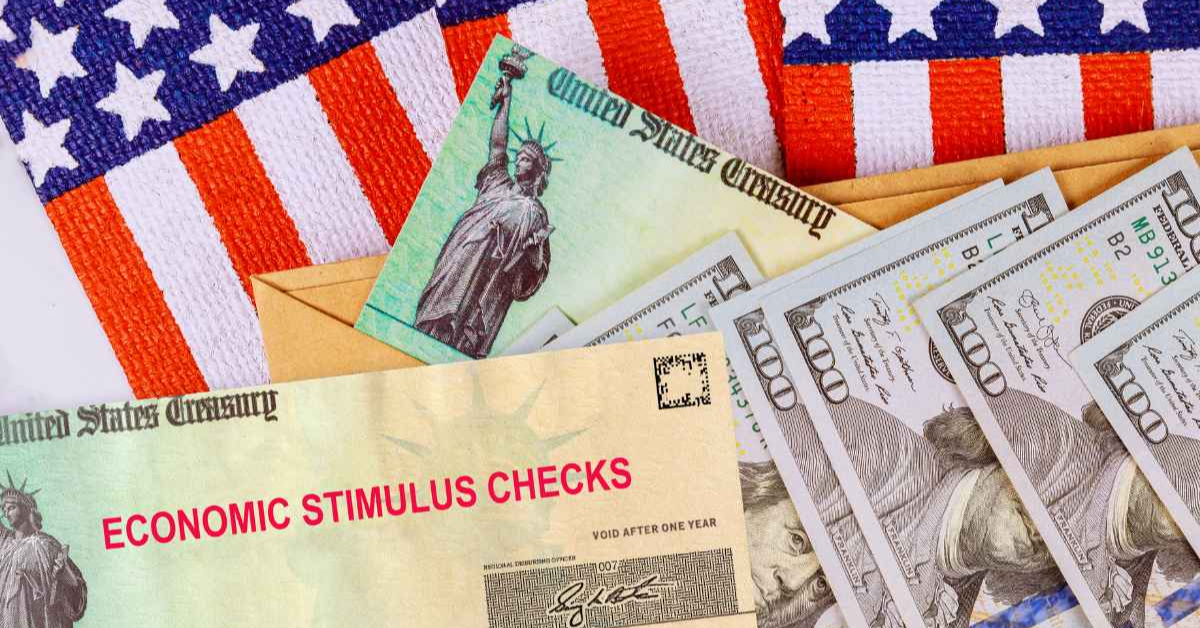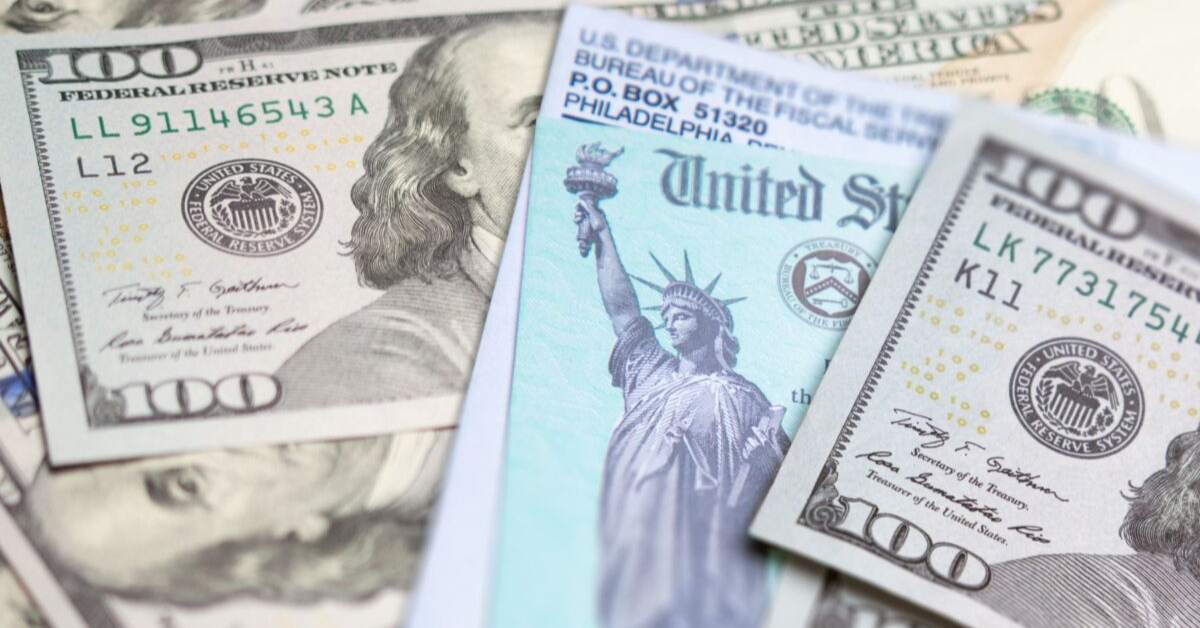As the United States economy continues to recover from the economic disruptions caused by the COVID-19 pandemic, discussions around additional government assistance have resurfaced. In 2025, many Americans are once again asking a familiar question: Will there be a new stimulus check This article explores what is currently known about potential stimulus checks in 2025, what proposals are being discussed in Washington, and how citizens can stay informed on official updates.
Background on Past Stimulus Checks
To understand the context of the current discussions, it’s helpful to consider the three rounds of Economic Impact Payments provided by the federal government between 2020 and 2021. These checks were issued as part of efforts to provide relief during the pandemic, with amounts ranging from 600 to 1400 per eligible individual, depending on income and filing status.
The stimulus checks were credited for helping millions of Americans pay bills, buy necessities, and avoid eviction or loss of housing. According to the U.S. Department of the Treasury, more than 472 billion was distributed to over 160 million people over these three rounds.
Current Status of a 2025 Stimulus Check
As of early 2025, there is no official federal stimulus check approved. The Biden administration and Congress have not passed legislation to authorize a new round of checks. However, economic uncertainty, rising interest rates, and concerns over cost of living have led to renewed public interest and some discussion among lawmakers.
Democratic lawmakers in particular have floated the idea of targeted financial assistance in the form of either tax rebates or direct payments to low-income individuals and families. Yet, no formal proposal has reached the floor of Congress in either the House of Representatives or the Senate.
Economic Indicators and Policy Considerations
The U.S. economy in 2025 has shown mixed signals. Inflation has moderated from its post-pandemic highs, but for many Americans, wages have not kept pace with rising expenses in housing, healthcare, and food. The Federal Reserve has maintained a cautious monetary policy approach, keeping interest rates relatively high to contain inflation.
In this context, some economists argue that a new round of stimulus checks could boost consumer spending and provide a modest economic lift, especially if targeted at low-to-middle income households. However, others warn that additional government spending could reignite inflationary pressures and add to the federal deficit, which currently exceeds 34 trillion, according to the U.S. Department of the Treasury.
State Level and Local Assistance
While a federal stimulus check in 2025 remains uncertain, some states have taken the initiative to provide their own versions of relief payments. For example:
– California issued several rounds of “Golden State Stimulus” checks in previous years and has proposed targeted tax credits for low-income families in its new budget draft.
– New Mexico has approved tax rebates in 2024, with discussions ongoing for a similar measure in 2025.
– Alaska’s Permanent Fund Dividend (PFD), although not technically a stimulus payment, continues to distribute annual payments to state residents using state oil revenues.
It is important to note that each state’s eligibility requirements, timeline, and payment methods vary. Citizens are encouraged to check with their state’s Department of Revenue or similar state agency for the most accurate and updated information.
IRS and Federal Tax Provisions
While new federal stimulus checks are not currently on the table, there are still government benefits available to many Americans through the tax system. The Earned Income Tax Credit (EITC), Child Tax Credit (CTC), and other refundable credits continue to benefit millions.
In fact, for the 2024 tax year (filed in 2025), the IRS reminds taxpayers that they may qualify for refundable credits that essentially function as a cash boost when filing taxes. These programs are especially essential during economic hardship.
What to Watch for in 2025
Looking ahead, there are a few signs and developments to monitor that may affect whether a 2025 stimulus check is approved:
1. Economic Performance: If the U.S. enters a recession or if unemployment rises significantly, pressure on lawmakers to provide relief may increase.
2. Presidential Election Debate: As the nation heads into the 2024 presidential election season, discussions around economic assistance are likely to feature prominently in campaign platforms. Candidates may propose stimulus-style measures as part of their economic agenda.
3. Bipartisan Negotiations: Any new stimulus bill would require support in both the House and Senate. Divided control in Congress could complicate the process.
How to Avoid Scams
Unfortunately, whenever news circulates about potential stimulus checks, scams tend to arise. The Federal Trade Commission (FTC) warns consumers to be cautious of phone calls, emails, or text messages claiming to offer stimulus payments in exchange for personal or financial information.
What Should Americans Do Now
At this time, there is no need to take any action related to a 2025 stimulus check, as no such program is officially in place. Individuals are advised to prepare for the 2024 tax season and explore available tax credits and benefits. Those in financial distress should also look into local or state assistance programs and nonprofit aid services.
Summary
While Americans continue to feel the pinch of rising prices and stagnant wages in 2025, the federal government has not approved another round of stimulus checks. Nonetheless, resources remain available through the tax code and state-level programs. Citizens are encouraged to stay informed and vigilant about legitimate opportunities for assistance, and to keep an eye on economic developments and legislative discussions that could shape financial policy later this year.

